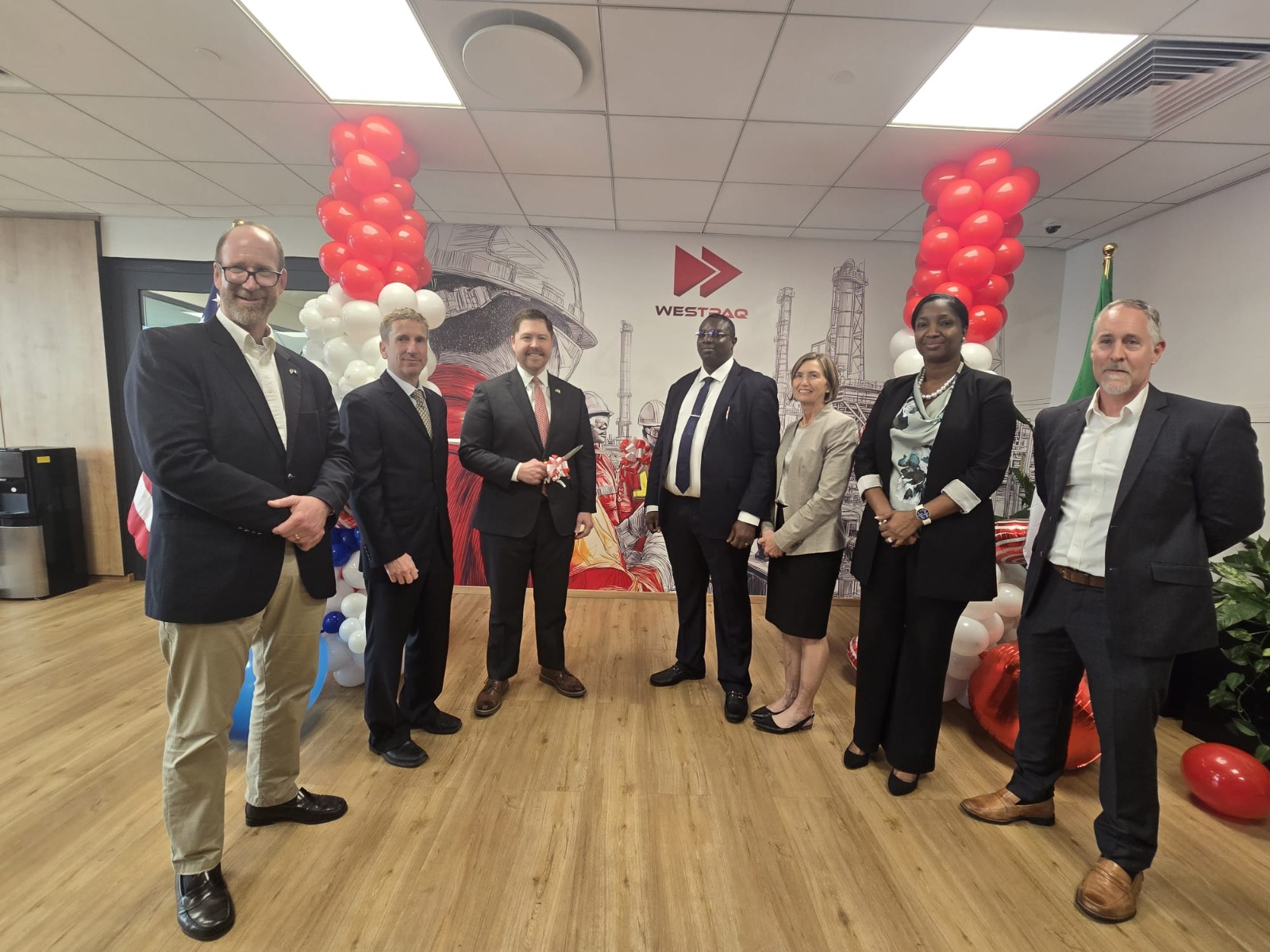Equinix To Invest $140m On Internet Access Expansion In Southern Nigeria

Equinix, the global data center provider that acquired Nigeria’s MainOne, has announced a new investment of $140 million to expand digital infrastructure across southern Nigeria over the next two years.
According to TechCabal, the investment by Equinix includes a new data center in Port Harcourt and an expansion of its third data center in Lagos, marking a significant step toward decentralising the country’s internet capacity beyond Lagos.
The move comes five months after Equinix completed the post-acquisition integration of MainOne following its $320 million acquisition in 2022. Now, the company is deepening its footprint in Nigeria, where 70% of subsea cable landings and data infrastructure remain concentrated in Lagos.
This pattern has reinforced a long-standing digital divide.
As part of the expansion, Equinix will launch PR1, its first data center in Port Harcourt, which will also serve as the first Nigerian landing station for Meta’s 2Africa submarine cable.
The move is expected to dramatically increase bandwidth capacity in the region and reduce over-reliance on Lagos.
Equinix will also scale LG3, its third Lagos facility, to support growing enterprise and cloud demand.
Nigeria’s digital infrastructure has evolved rapidly in the last two decades.
Since the auction of GSM licenses in 2001, mobile subscribers have grown from zero to over 140 million.
Infrastructure matured further with the rise of tower companies in 2012 and later with investments in data centers and fiber-optic networks.
Yet, until recently, local data infrastructure was limited, serving only basic connectivity needs. That changed in 2020 when major global investors like Equinix began entering the market, signaling Nigeria’s integration into the broader digital economy.
Today, Equinix operates over 260 International Business Exchange (IBX) data centers in 74 metropolitan areas globally.
These centers are interconnected through Equinix Fabric, a software-defined platform enabling secure, high-performance connectivity between data centers, cloud services, and enterprise networks.
Nigeria now hosts eight submarine cable landings, including two of the world’s most advanced systems —Google’s Equiano and Meta’s 2Africa. Both cables offer design capacities exceeding 100 Tbps, representing a major leap forward in connectivity. However, the benefits of this expansion remain vulnerable without robust infrastructure redundancy.
Equinix plans to address this challenge.
“We’re routing traffic over multiple cables in West Africa on an active/active basis,” said Wole Abu, Managing Director of Equinix West Africa. “The next time a cable fails, our goal is for customers not to notice.”
This proactive strategy introduces critical resilience into the region’s digital infrastructure.
Despite significant progress in international connectivity, a key bottleneck persists: the middle-mile infrastructure linking coastal landing stations to inland users. While cities like Lagos, Accra, and Abidjan benefit from relatively strong connectivity, many interior regions remain underserved.
Nigeria’s National Broadband Plan (2020–2025) targets 70% broadband penetration by 2025. Yet, as of January 2025, penetration remains at just 45%.
The World Bank estimates that Nigeria needs an additional 95,000 kilometers of fiber to achieve full nationwide coverage—up from 35,000 kilometers.
To address this gap, the Federal Ministry of Communications, Innovation and Digital Economy recently launched a Broadband Alliance to develop a national fiber backbone.
Private sector players like Equinix are seen as critical to achieving that vision.
“Our vendor-neutral platform and robust interconnection capabilities can help industry ecosystems form in West Africa and collaborate to grow the region’s digital economy,” said Abu.
The launch of Equinix PR1 in Port Harcourt will enhance Southern Nigeria’s internet capacity and contribute to the geographic diversification of digital infrastructure. By breaking Lagos’ near-monopoly on bandwidth and cable access, the project could open up new digital growth corridors in the region.












